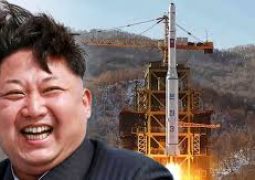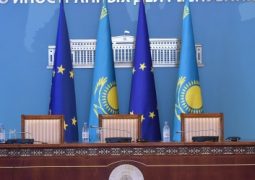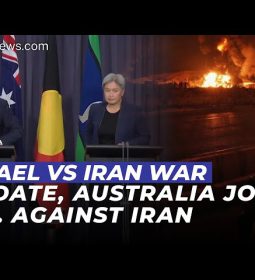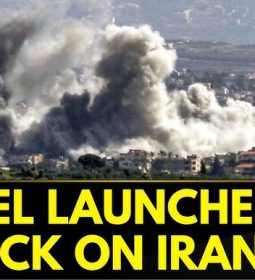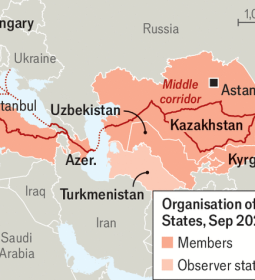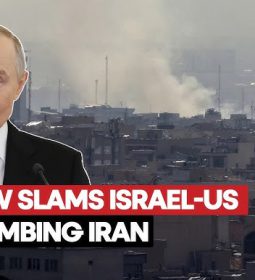Prince Mukhammads’ Elevation Means a More Activist Saudi Arabia
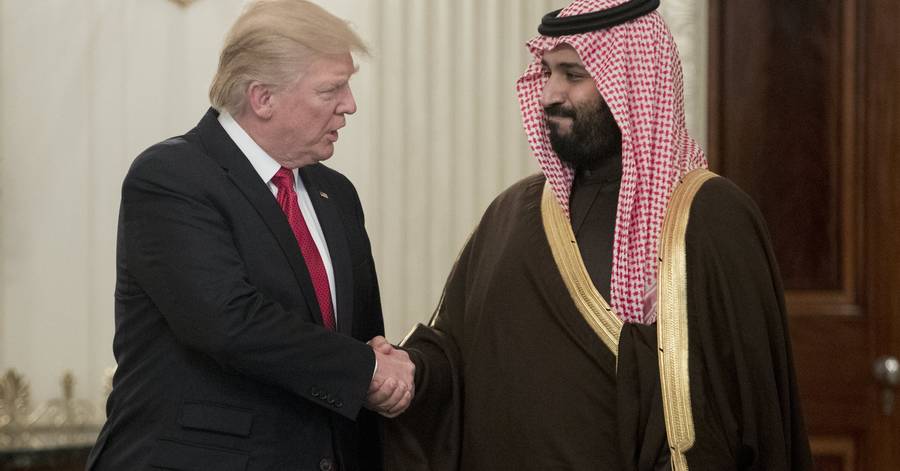
Brace for more turbulence. The dynastic struggle in Saudi Arabia is over, and power—for all practical purposes—is now in the hands of a young generation of princes determined to show the Middle East who’s the boss.
Mohammed bin Salman, appointed on Wednesday as the kingdom’s crown prince and designated successor to his 81-year-old father, King Salman, is the face of bold changes launched by once staid Saudi Arabia in the past two years.
At just 31 years of age, he is the architect of the bloody war in Yemen, the initiator of painful economic overhauls, the instigator of moves to aggressively counter Iran and, more recently, the catalyst of a Saudi-led regional campaign to isolate tiny Qatar.
His 57-year-old cousin, the now-removed crown prince and interior minister, Mohammed bin Nayef, was widely seen as the voice of caution and experience in the kingdom’s halls of power—and a possible check on some of Mohammed bin Salman’s rasher moves.
Now that he is gone (and replaced at the interior ministry by a 33-year-old nephew of Mohammed bin Nayef), Saudi Arabia’s regional posture is likely to become even more adventurous.
“Mohammed bin Salman is much more willing to use Saudi hyper-nationalism as a way to solidify domestic social change,” said Andrew Bowen, a specialist on the kingdom at the American Enterprise Institute, a Washington think tank. “It’s a risk when you put a very headstrong, stubborn, impulsive, more nationalist leader in that position compared to Mohammed bin Nayef, who was slow, deliberate and pragmatic.”
While Mohammed bin Nayef didn’t publicly criticize his young rival, he supported a more traditional Saudi approach of acting behind the scenes and building regional consensus—including in relations with Qatar and Iran.
Mohammed bin Salman—who has developed close ties with the activist de facto ruler of the United Arab Emirates, Mohammed bin Zayed —has by contrast advocated showcasing the kingdom’s military and financial might.
“Now you are going to see more decisiveness, be it in the war in Yemen or in the recent disturbance of relations with Qatar. The Saudi foreign policy is going to be more open and more dynamic,” predicted Ahmad al-Ibrahim, a Saudi political commentator and businessman.
Mohammed bin Nayef, of course, exercised only limited authority outside his internal-security turf in recent months. This means that—despite the consolidation of power in Riyadh—the change in the kingdom’s behavior may be less dramatic than many expect, cautioned Saudi analyst Mohammed Alyahya, a nonresident fellow at the Atlantic Council.
“In terms of foreign policy, economic policy and defense, I don’t foresee a seismic shift because Mohammed bin Salman has already been in charge of these files for quite some time,” Mr. Alyahya said.
Indeed, over the past several months, as Mohammed bin Salman widened his authority with the appointment of young princes to key levers of government (including a younger brother as ambassador to Washington), it increasingly seemed just a matter of time before Mohammed bin Nayef was forced out.
Yet few expected this time to be so short: As the consensus among Western diplomats in Riyadh went, Mohammed bin Salman needed to show some actual achievements before making the move.
With the war in Yemen bogged down, Qatar refusing to capitulate and the House of Saud forced to roll back unpopular austerity measures in April, the only such success has been Mohammed bin Salman’s ability to develop an unexpectedly warm relationship with President Donald Trump, who repeatedly bashed the kingdom during last year’s campaign.
The prince visited the White House in March, paving the way for last month’s high-pomp Riyadh summit at which Mr. Trump seemed to endorse Saudi claims to lead the entire Muslim world. Shortly thereafter, Saudi Arabia and its allies moved against Qatar—securing, at least at first, Mr. Trump’s backing.

On Tuesday, however—just hours before the Saudi leadership shake-up—the U.S. State Department issued an unusually strong rebuke of the Saudi and Emirati embargo on Qatar, which houses a major U.S. military base in the region. To many in the Middle East, this was a signal that Saudi leaders may have been overconfident in their dealings with Washington, too.
“I do not see so far that the Trump administration has given the Saudis a blank check,” said Riad Kahwaji, CEO of the Institute for Near East and Gulf Military Analysis in Dubai. “It is too early to talk of this as an achievement because we are yet to see what the Trump administration will actually give to the Saudis in the near future.”
- Previous Saudi Prince’s Elevation Plays One Generation Off Another
- Next Cambodia’s Hun Sen orders probe into rights group





